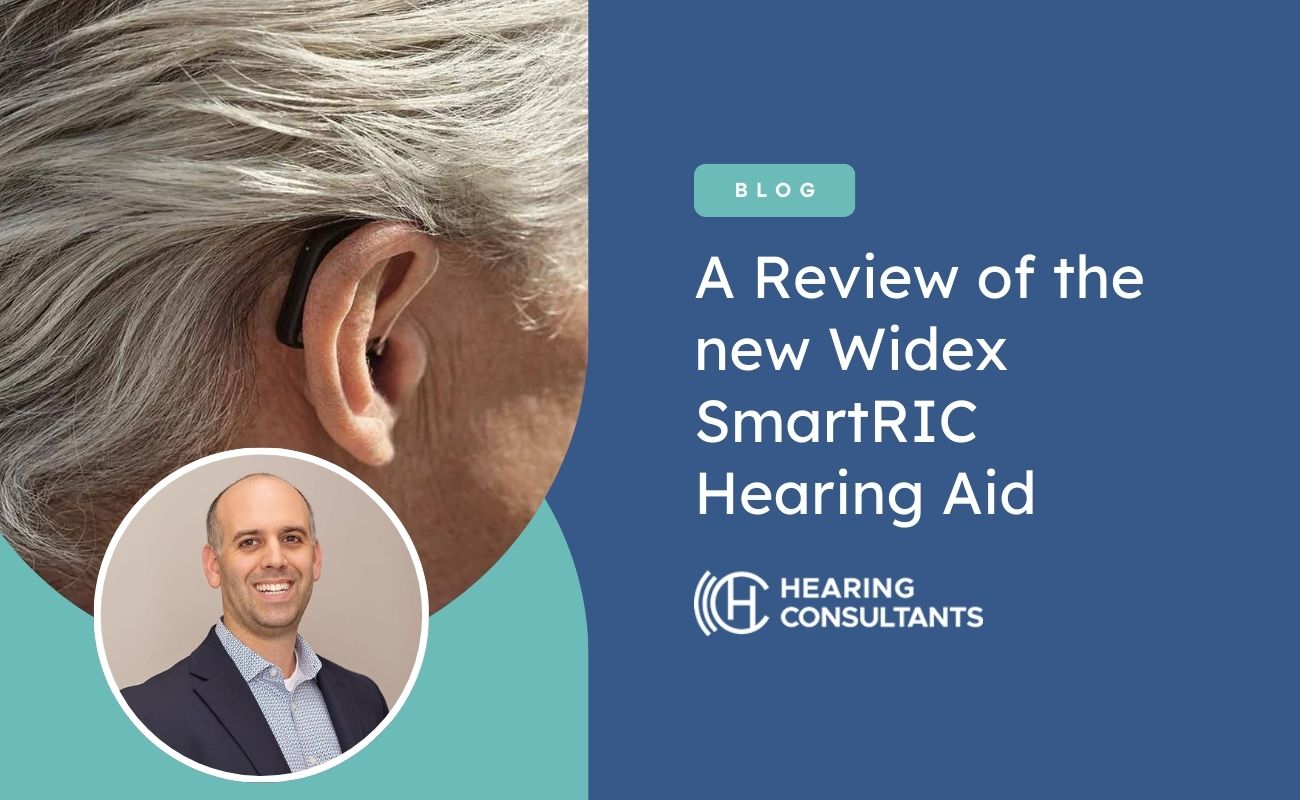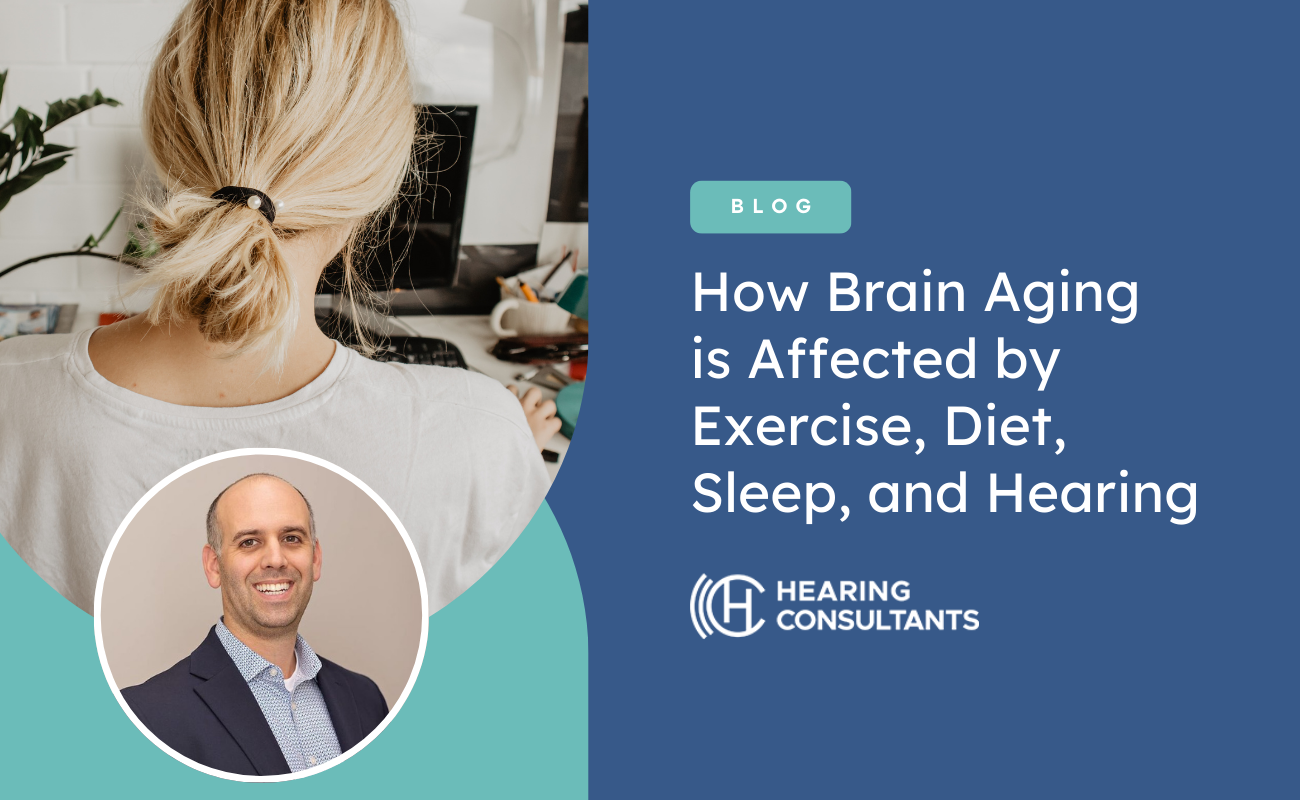Myths about Hearing Aids
One of the most fulfilling things we do as audiologists is help people find a better hearing reality. It’s why we got into this field in the first place, and if we’re lucky, we get to help someone find this every day.
Of course, much of our work isn’t about diagnosing hearing loss and matching people with their best possible hearing solution. We also spend quite a bit of time dispelling myths about hearing loss and hearing aids. One that we run into constantly is that hearing loss only happens to old people, or that confronting hearing loss will make people feel old.
We can’t think of anything further from the truth! Most of our patients have a renewed sense of vitality once they find a hearing loss solution that works for them. And we treat many people that live active and engaged lives. We like to think that at least part of the reason they can remain so active and engaged is due to their early acknowledgment of the hearing loss that has impacted their lives and the proactive choice to invest in treatment.
While we’re here poking holes in common hearing aid myths, we thought we’d list a few more we hear often that deserves a rebuttal.
Myth: My hearing loss isn’t bad enough for hearing aids.
The truth: Hearing aids can treat hearing loss across the spectrum, from mild to severe cases of hearing loss. Introducing a hearing loss solution early in your diagnosis can help you to acclimate to hearing aids. It also helps your brain to preserve its current listening and comprehension functions. As our ears lose their ability to capture sound from the external world, our brains lose sound information. We are learning now that this loss of sound information might be linked to dementia. Intervening early in hearing loss can decrease your risk of dementia or Alzheimer’s Disease diagnosis in the long term.
Myth: Hearing aids will be the first thing people notice about me.
The truth: We think they’ll continue to notice your wonderful smile. Today’s hearing aids are smarter and sleeker than they’ve ever been — and the industry continues to make profound strides forward with every passing year. Many hearing aids are virtually invisible, depending on the anatomy of your ear, your level of hearing loss, and the model you eventually choose. Even larger models, though, can be disguised with a clever hairstyle and are only detectable once you point them out.
Myth: My problem is tinnitus, not hearing loss.
The truth: Hearing aids are one of the most reliable treatments for tinnitus. Some hearing aids are designed specifically for this treatment. We’d love to introduce you to these models to see if you can find some much-needed relief from your chronic condition.
Myth: Hearing aids are too expensive.
The truth: They are certainly powerful machines you’ll wear daily for many years, and we think they’re worth the money. However, there are ways that hearing aids can be made affordable for most people. Some organizations can help, like the Hearing Loss Association of America, which has a list of financial resources to support the purchase of hearing aids.
Myth: The sound that hearing aids provide is annoying and too loud.
The truth: This may have been true in the past — and certainly for your grandparent’s generation, but things have changed. With the computer revolution, even the hearing aid industry began implementing powerful technology and digital sound. Now, hearing aids detect and amplify only the sounds you want to hear like voices, while they filter out background noise and other distractions.
Myth: I’m not tech-savvy enough for smart hearing aids.
The truth: There are many routes you can travel when it comes to hearing aids, from high-tech heavy to simple and forthright options. We would never suggest a hearing aid choice that doesn’t suit your lifestyle and interests.
Myth: The people who sell hearing aids are just salespeople.
The truth: We got into the field of hearing health because we care and we want our patients to hear at their very best! Our team of hearing health professionals are highly trained and experienced.
Schedule a hearing consultation today
Another myth is that we recommend hearing aids to everybody. That’s just not true! The first step is a hearing consultation, where our team will guide you through a simple hearing exam. Once we have the results, we can tell you about any hearing loss present and whether you are a good candidate for hearing aids, based on your diagnosis. From there, we can work together to decide if they’re a good choice for your personal lifestyle and hearing experience goals.
Get in touch with
Hearing Consultants
Contact our clinic to schedule an appointment today!







